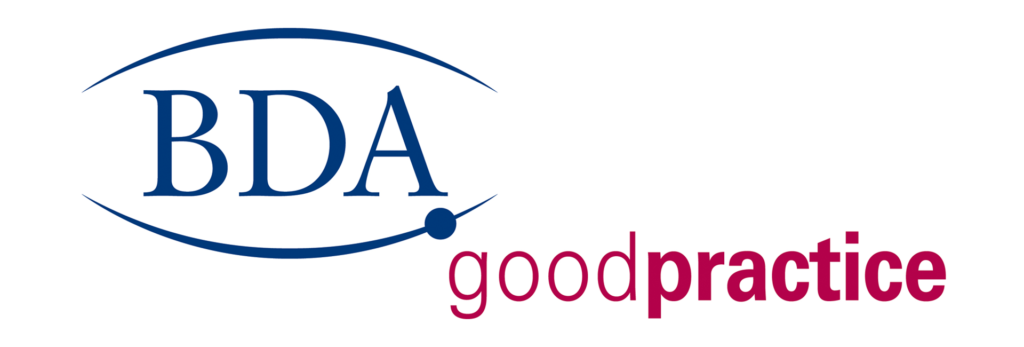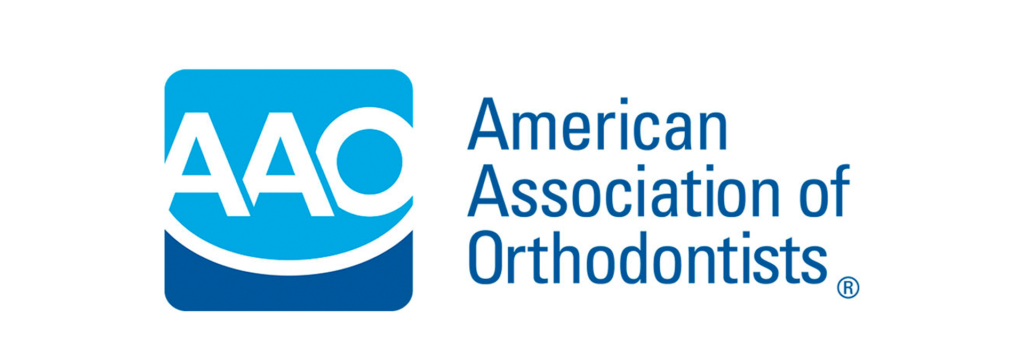Angle House Blog
How Seasonal Allergies Affect Your Oral Health

Dry Mouth (Xerostomia)
Allergy sufferers often breathe through their mouths due to nasal congestion, leading to dry mouth. This decreases saliva production, which is essential for washing away bacteria. A lack of saliva can increase the risk of cavities, bad breath, and gum disease.
Tip: Stay hydrated, chew sugar-free gum, and consider a humidifier at night to combat dry mouth.
Tooth Pain from Sinus Pressure
Sinus congestion from allergies can put pressure on the roots of your upper teeth, causing discomfort or a toothache-like feeling.
Tip: Use decongestants and antihistamines to relieve sinus pressure. If pain persists, visit your dentist to rule out other issues.
Bad Breath
Dry mouth and post-nasal drip can lead to bad breath as bacteria thrive in a less moist environment.
Tip: Brush your teeth and tongue regularly, and use antibacterial mouthwash to reduce bacteria buildup.
Medication Side Effects
Many allergy medications can cause dry mouth, worsening oral health issues.
Tip: Drink plenty of water and use mouth moisturizers if you’re taking antihistamines or decongestants.
By managing allergy symptoms and maintaining good oral hygiene, you can prevent allergy season from taking a toll on your oral health. If issues persist, a visit to your dentist is always a good idea!







